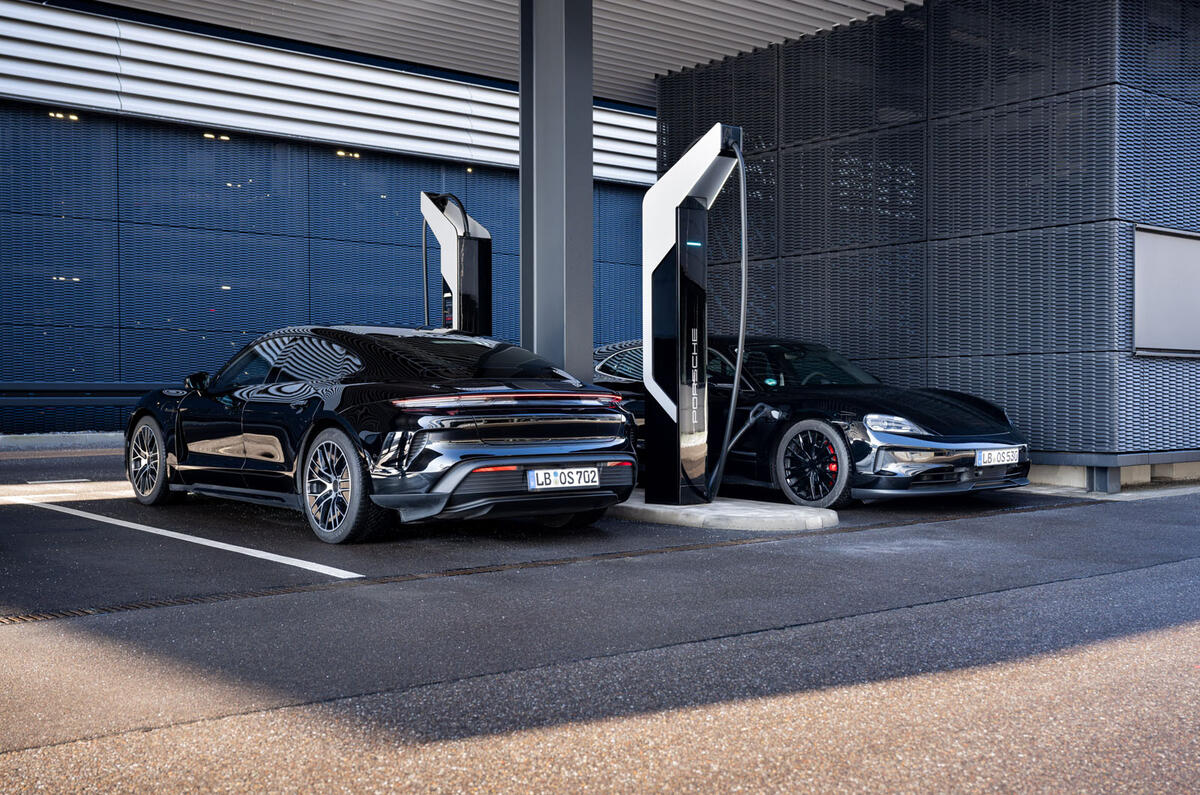Porsche has announced changes to its EV strategy, confirming it will no longer expand its in-house battery production business.
The decision has been made because of a slower-than-expected take up of electric cars. Investment will be redirected into a broader product and software offensive.




Join the debate
Add your comment
If Porsche made the Taycan with either a V8, 4.0 or V6 3.0, I would buy one in a heart beat.
If Porsche made the Taycan with either a nice V8, 4.0, or V6 3.0, I would buy one in a heart beat.
That's because they've made an A grade mess of it. What are we up to now? 4 recalls and 6 workshop campaigns on the Taycan battery alone never mind the 22kW AC onboard chargers made from spaghetti and the 400->800V DCDC converter that should've been two more contactors for a simple series/parellel switch from day one?
Love my Taycan but compared to my Model S it really is a very poor effort on the EV and systems robustness side. Not what I would have expected from Porsche but at least it means they're cheap as the residuals are in freefall.